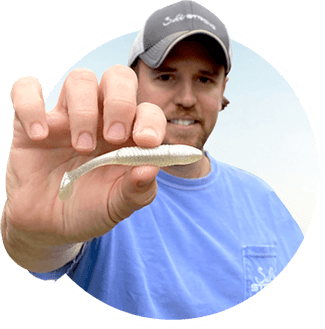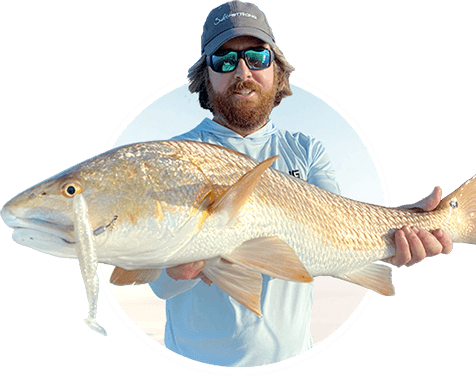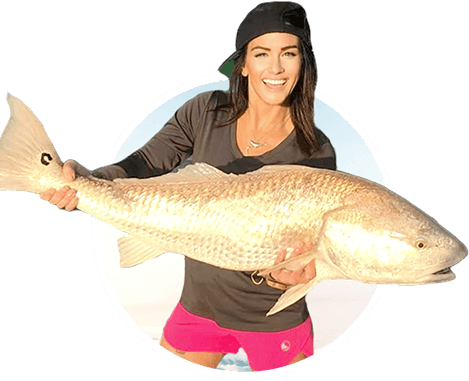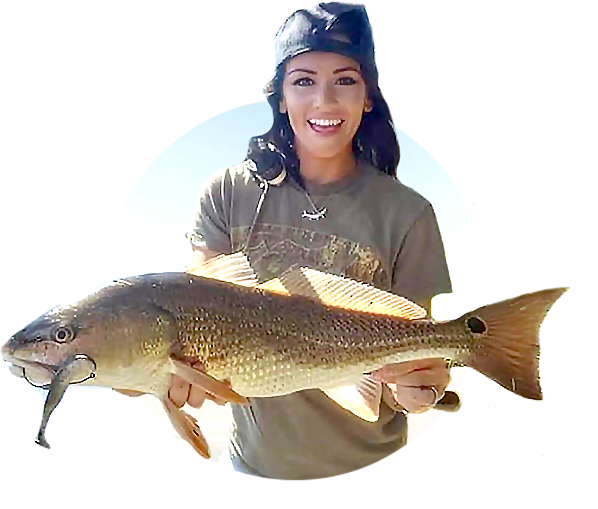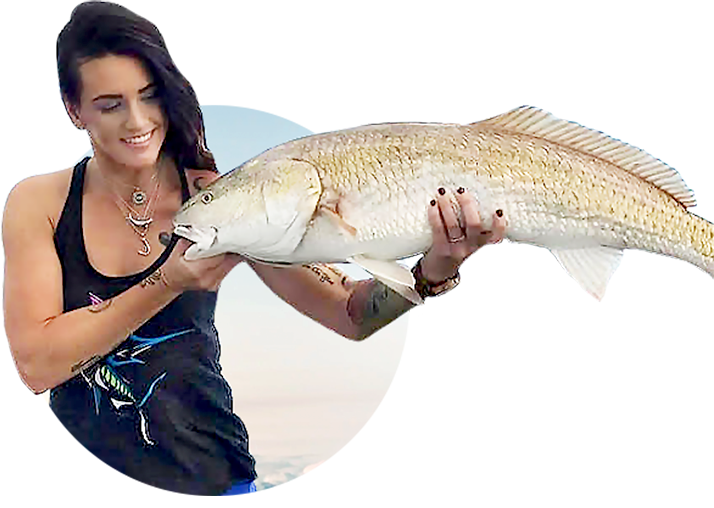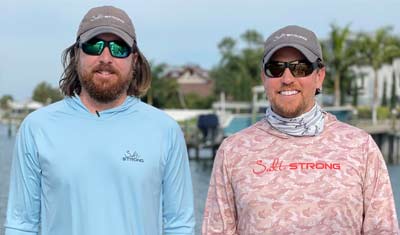How To Handle An Emergency While Out On The Water Fishing.
- By: Joseph Simonds
- on
- Found In: Fishing Tips
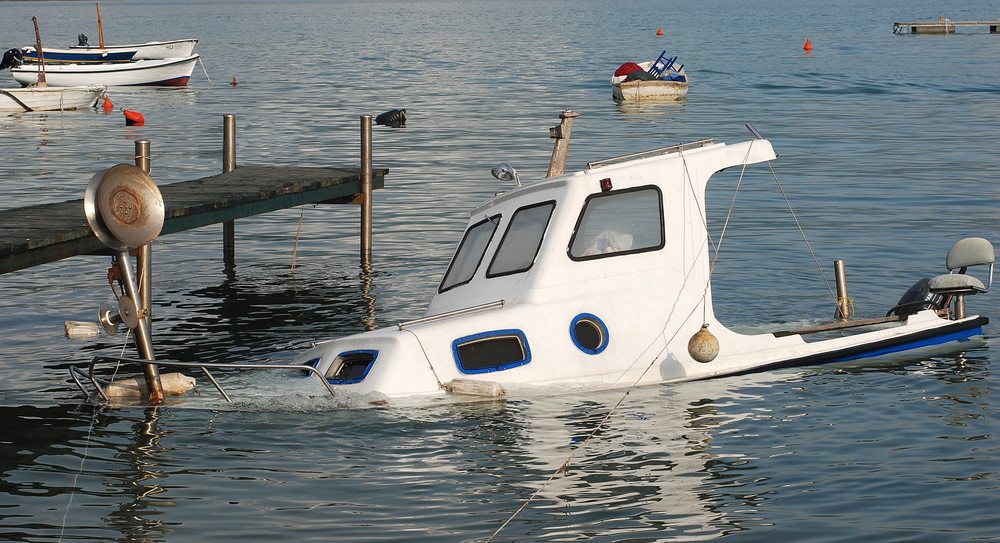
- Comments (0)
Have you ever been in a boating emergency?
If you’ve spent enough time on the water, it is almost inevitable that you will encounter some type of boating emergency at some point.
Whether it be falling out of a kayak in deep water (click here to see the video on how to quickly get back in your kayak after flipping out), having your boat engine break down while offshore fishing (probably because of a banana on board your boat), or having your boat actually sink, you are certain to eventually experience a scare.
So when our friend Rod Smith from CH Smith Marine in Australia reached out to me about sharing his four tips on preparing for a boating emergency, I had to share them with you.
Here are Rod’s four “must know” tips for properly handling emergencies while out on the water. Thanks for sharing Rod.
4 Tips To Handle Emergencies On The Water
by Rod Smith
Finding yourself up the proverbial creek whilst out on the water can be a dangerous situation!
Accidents can happen to anyone, and it is essential that every fisherman is prepared for the worst. Capsizing, falling over, running out of gad, getting caught in a nasty lighting storm with rouge waves, and severe dehydration are just a few of the challenges that come with this exciting sport.
If you ever find yourself in “rough waters” (which you will eventually), then a good emergency plan could make all the difference in the world. The right combination of knowledge, experience, and the best boating equipment is the only way to get through a crisis effectively.
Here are four tips to ensure you find yourself at home, healthy and with a great catch after your next fishing trip.
Tip #1 – Do Your Research
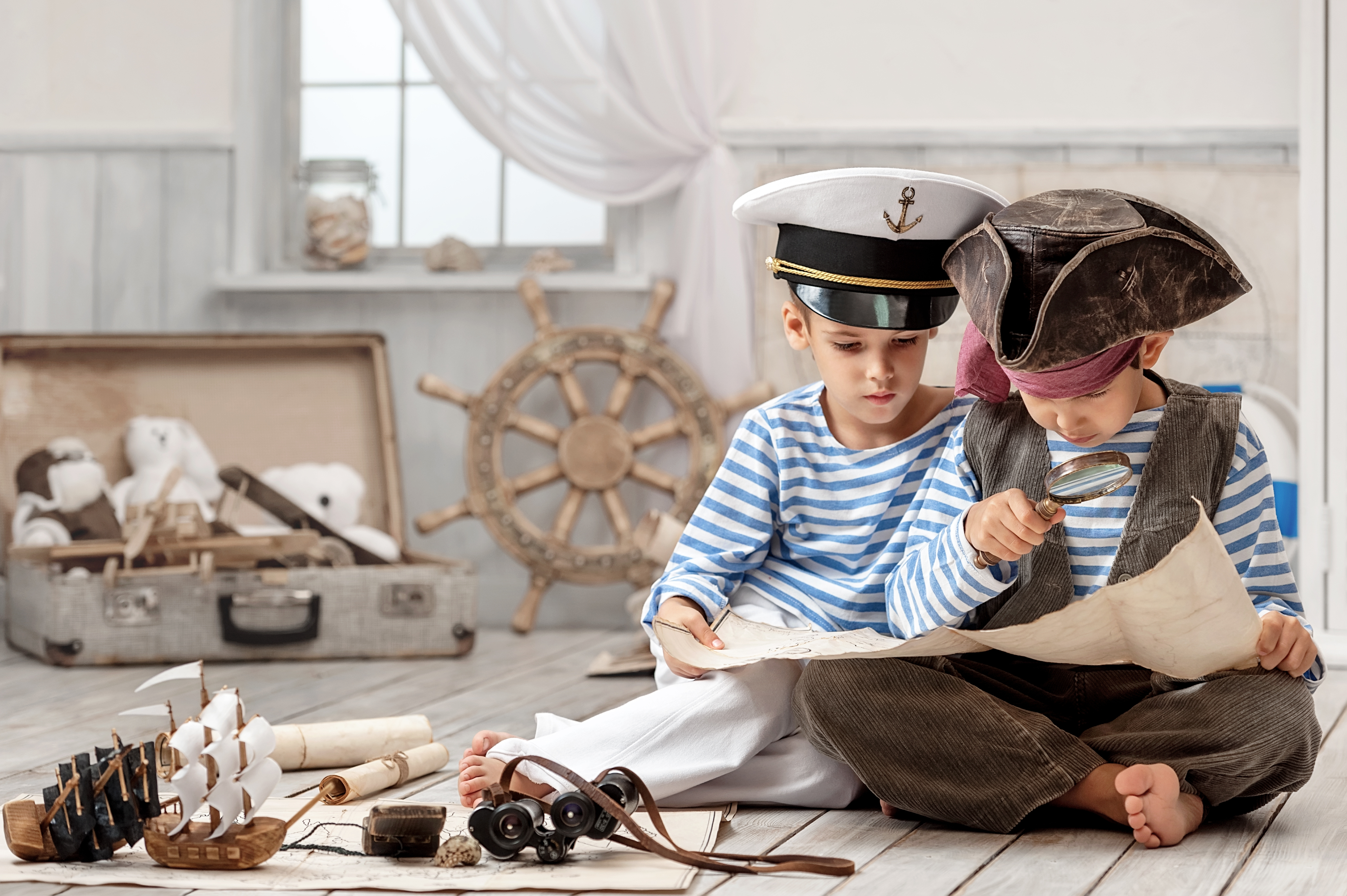
Finding out the name of your planned fishing location and calling it quits isn’t enough.
Valuable research takes time, and it requires an in-depth understanding of the climate and conditions of the area. Certain bodies of water will be much rockier than others, certain areas will have sandbars, cuts, and oyster bars that even experienced eyes won’t see during rough weather, and landscapes that experience rapid winds could be dangerous even for an experienced swimmer.
If you’re planning on heading down a river to take your brand new kayak for a spin, then be sure to investigate the possibility of dams and other obstructions. This can save you from any unwelcome surprises along the way!
Most importantly, undertake this planning well ahead of time, with the exception of confirming the weather. This should always be double-checked on the day before a sure-fast decision is made – after all, prevention is always better than cure.
Tip #2 – Have The Experience
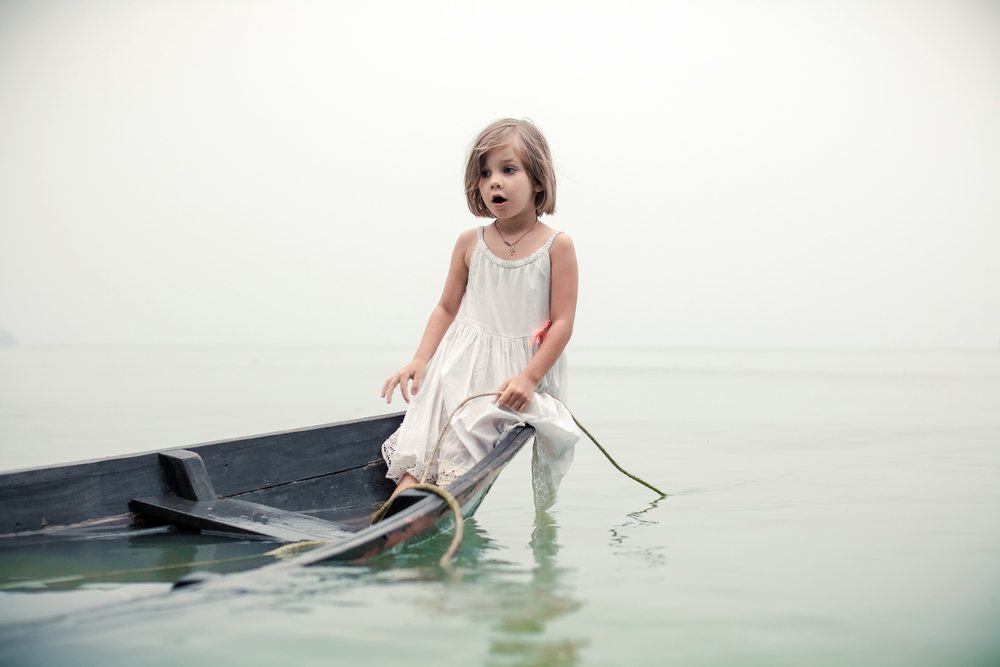
A fisherman that has never fallen in the water simply hasn’t been fishing for long enough, and preparing yourself for an ordeal you have never actually experienced is almost impossible.
If you haven’t experienced it yet, capsizing from your boat is much more than just getting wet. It means dealing with heavy clothes, potentially shockingly cold water, and the potential loss of boat equipment and panicked disorientation that comes with being thrown from your vessel.
Before you head out to cast your line it’s a great idea to bring your swimming ability up to scratch. Being afraid of freezing or deep waters won’t do you any good once you’re out of your boat.
When it comes to any type of paddle-boating (kayak fishing or SUP fishing), it’s important to remain calm and close to your vessel during an emergency.
A standard procedure for every fisherman should be to practice lifting yourself up and into the boat or kayak from the water (until it’s second nature).
Tip #3 – Take A First-Aid Course
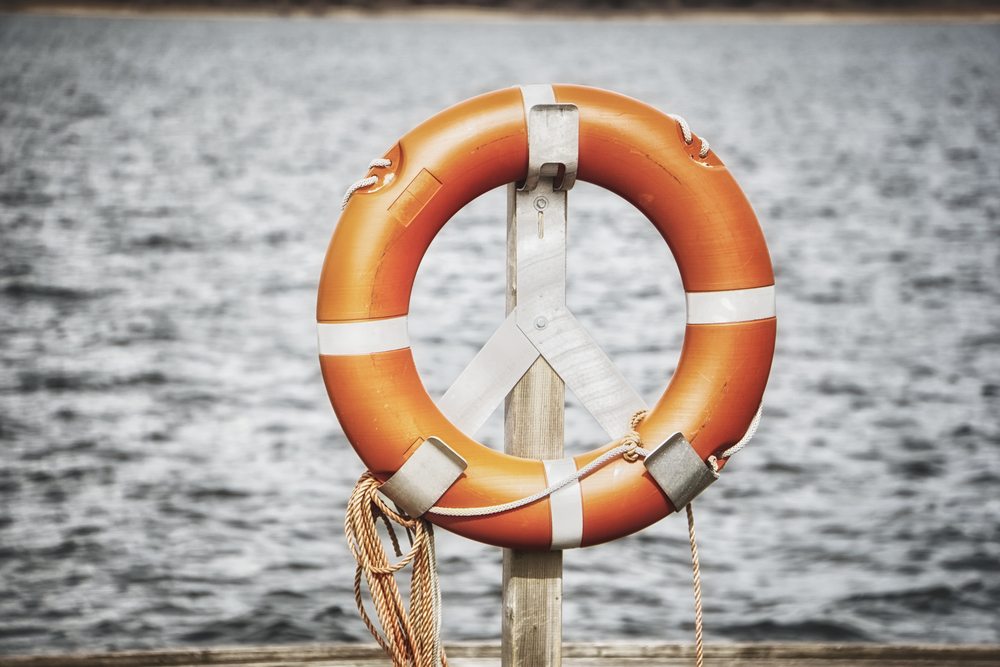
Handling a crisis out on the water is as much about looking after yourself as it is your friends and fellow fishermen. A
A first-aid course is an immensely valuable experience that will give you the necessary skills to provide aid to anyone in need of injury treatment or immediate resuscitation.
Cardiopulmonary resuscitation (knowing how to correctly bandage a wound and assess the seriousness of an injury) is a critically important skill that can have the potential to save a life.
While a sprained ankle is much less urgent than a broken leg, this could also seriously hinder your friend’s ability to swim in the event they go under. It is always better to be safe than sorry during an emergency. If anyone is taken ill or hurt out on the water, often the best decision is to get back to the shore as soon as possible.
Tip #4 – Invest In Your Safety
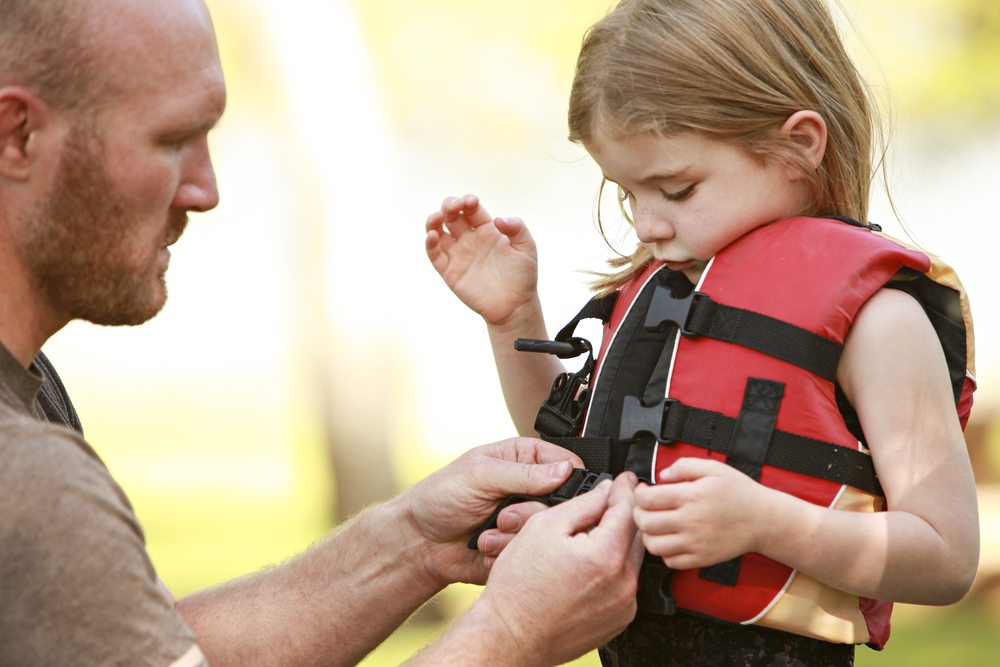
If you spend a long day out fishing under the hot sun you could find yourself tired and slow to react. One small misjudgement could then see you face down in the water, unable to support your body to keep afloat.
Handling the situation safely and efficiently relies on taking the necessary precautions and investing in the best boat safety equipment.
A personal floatation device can keep your head above water even if you’re knocked unconscious, allowing your friends or crew to retrieve you from the rapids. Other boat equipment, such as a personal beacon, helmet if you’re travelling to rocky waters, SOS whistle, and fully stocked first-aid kit are essentials.
In the event that you become dehydrated and disoriented, it goes without saying that plenty of fresh water, sunscreen and small snacks (not just for the fish) are vital to keep you focused.
Extra Emergency Boating Tips
- During a crisis, the golden rule is always not to panic.
- Take a breath and assess the situation as quickly as possible before you make any decision. Diving into dangerous waters could see you in danger and your friend without any help.
- Keep emergency numbers saved into your phone so that you are able to make calls as quickly as possible. ALWAYS bring a phone or battery charger (and make sure you have any accessories to connect it to the appropriate outlet).
- Salt Strong personally carries the Nautic Start II battery charger & emergency jump start with them at all times on the water. You can see the review of the Nautic Start here.
- Invest in ties for your boat equipment, that way if you capsize you won’t resurface to watch your paddle take off down stream.
- Know who you’re fishing with! Do they have allergies or significant medical conditions? Who is their best point of contact?
Conclusion
An amazing day on the boat can turn negative very quickly when an emergency or crisis occurs out on the water.
And given enough time spent out on a boat, it is inevitable that something will go unplanned eventually. Whether it be a bad bilge pump, a dead engine, or a sinking ship, you will be faced with some tough times at some point.
The great news is that emergencies on the boat don’t have to be as bad as they might seem on the surface. With proper planning, emergency boating education, and a “crisis plan”, these boating issues don’t have to be as painful as some boaters make them out to be.
Be SAFE out there!
No amount of fish can make up for a crisis on the boat that ends up with people in the hospital, or even worse, a death.
Related Post: “How To Get Back In Your Kayak After Flipping Over In Deep Water [VIDEO]” (see it here now)
P.S. – If you think your angler friends or fishing networks would like to see this, please Tag them or Share this with them. You Rock! Pa-POW!
Author Biography
As the former President of the Boating Industry Association, Rod’s passion for boating and fishing is utilised in his current role as Managing Director of CH Smith Marine. Offering his masterful expertise, Rod ensures that customers leave with a love for the sea that parallels his own.
Related categories:
STOP WASTING TIME ON THE WATER!
Do what the “SMART ANGLERS” are doing and join the Insider Club.
Here’s what you’ll receive today when you join:
- Weekly fishing reports and TRENDS revealing exactly where you should fish every trip
- Weekly “spot dissection” videos that walk you through all the best spots in your area
- Exclusive fishing tips from the PROS you can’t find anywhere else
- Everything you need to start catching fish more consistently (regardless if you fish out of a boat, kayak, or land).



